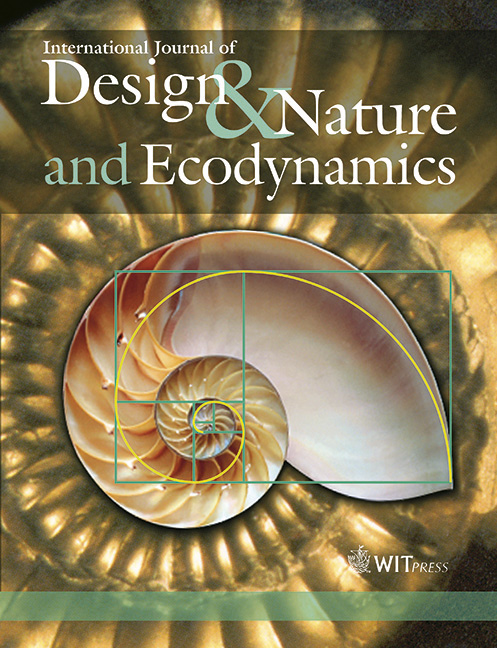Mathematics of complex adaptive systems
Price
Free (open access)
Volume
Volume 12 (2017), Issue 3
Pages
7
Page Range
377 - 384
Paper DOI
10.2495/DNE-V12-N3-377-384
Copyright
WIT Press
Author(s)
JOHN R. CLYMER
Abstract
The mathematics of Complex Adaptive Systems (CAS) consists of mathematical linguistics, symbolic logic, and the physical laws of the system problem. These concepts are discussed in terms of a graphical simulation programming language designed to experiment with CAS that can occur at every level of creation: including social, ecological, molecular, and quantum. In order to understand CAS, the most important principle is understanding the interactions among entities. The understanding of these interactions is more important than understanding the entity features. For example, understanding the dynamics of individual vehicles is not enough to understand freeway traffic patterns. This is because freeway traffic depends on the decisions of drivers as well as vehicles’ capabilities. For example, wave behavior occurs in freeway traffic when drivers are free to enter the freeway without restriction. This system behavior was found to be mitigated by controlling freeway entrance timing. Often, when knowledge of other entities are shared or are observable and the decision making rules used by entities to make decisions can evolve, emergent behaviors occur. Many examples of such complex systems are discussed, focusing on entities that are intelligent agents. A submarine classification sonar net and a vehicle traffic control network are presented as examples. A simulation programming system is described that allows experiments with the system behavior of intelligent agents to be performed.
Keywords
complex adaptive systems, intelligent agents, interacting concurrent processes




